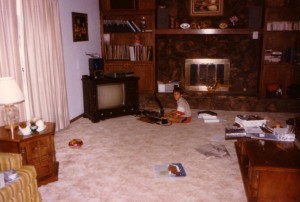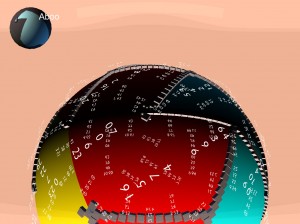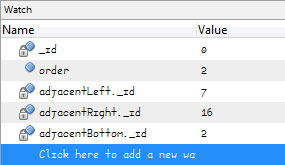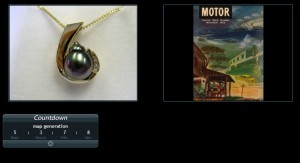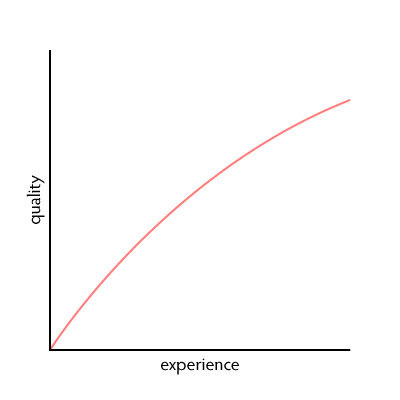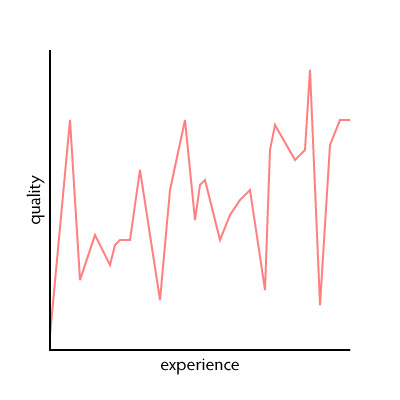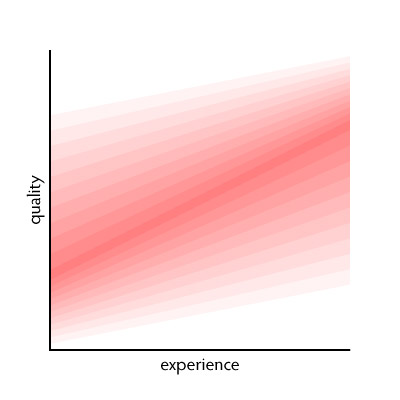Since her vacation is nearly over, I guess it’s time to evaluate my progress keeping things together while Marie is away. This will, by necessity, be fiercely dry.
To recap: in the past, I’ve noticed a tendency to become slightly unstable when the following triggers are present (I’m not sure which are important):
- Marie is away…
- …and unreachable via phone, IM, etc.
- I’ve started working in a new environment…
- …with new people.
- It’s early fall.
Said instability has, in the past, manifested itself in the following ways:
- General confusion.
- Vague feelings of being unable to keep friendships alive.
- Inventing memories about hurting a friend, and then being distracted or incapacitated by guilt over said memories.
So. As for the current situation, triggers (1), (3), and (5) are present. It just so happens that my company moved offices recently, and I have just now started coming in to work at the new place.
However, only result (b) has actually happened. And maybe a little bit of (a), but only very little. I am presently regarding the insecure feelings I have with massive amounts of suspicion, and am confident that my concerns lack any real factual support.
As for (c), said friends I’ve worried about have historically had consistent physical characteristics; I have therefore identified a couple potential candidates for the person I’d be obsessing over now. Thankfully though, this has not actually happened, and my perception of my relationships with said candidates has appeared perfectly normal in the last few days, as far as I can tell.
To sum up, this has largely been a non-event. I credit:
- Being aware, for the first time, that problems were likely to arise;
- Frequent contact with Marie;
- Frequent breaks to stop and think about past experiences with Marie (this is not something I naturally do);
- Going into this while genuinely happy with my social life and life in general (unlike previous episodes);
- The distinct possibility that nothing bad was likely to happen anyway, despite my stressing out about it.
So, that’s a very long-winded way of saying: yay, nothing happened. 🙂
Looking forward to seeing Marie again tomorrow.
